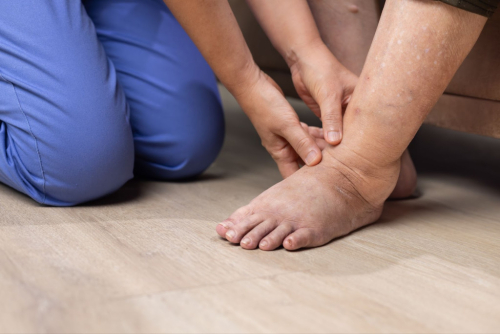
1. Opt for arch support and cushioning
While flat sandals such as flip flops and thin-soled shoes might be popular in summer, they offer little to no support, and over time, this can negatively impact your feet. Footwear with good arch support and cushioning plays a vital role in maintaining healthy circulation, reducing fatigue, and helping to minimize swelling. Without support, the foot’s natural arch can collapse slightly, especially when standing or walking for long periods. This leads to poor alignment, uneven weight distribution, and increased strain on the muscles and ligaments in the feet and legs.
The Footwear specialists at Wards Shoes commented: "Cushioned soles also help absorb shock, reducing the impact on your joints and improving comfort throughout the day. In warmer weather, when feet are more prone to swelling and discomfort, supportive shoes can make a huge difference. Flip flops are generally not recommended for long periods of wear, however, if you do wear them, always ensure that they have appropriate arch support to aid foot comfort."
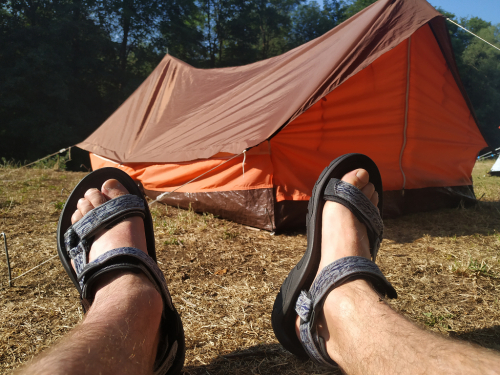
2. Size up slightly
Tight shoes can squeeze swollen feet, causing rubbing, blisters, and discomfort as the day goes on. Choosing shoes that are a half-size larger or loosely fitted in summer gives your feet the extra space they need to breathe and move freely as they swell throughout the day. This small adjustment can make a big difference in overall comfort, especially if you’re walking long distances, commuting, or spending time outdoors.
"Many people don’t realize that feet can change size slightly in hot weather. Heat causes the blood vessels to expand, which often leads to swelling, especially by the evening. Opting for loose-fitting shoes during the summer months allows for that natural expansion and helps avoid unnecessary pressure. In addition, breathable socks made from bamboo viscose or performance synthetic blends, which are lightweight and designed to move moisture away from your skin and dry quickly, can further improve comfort."

3. Avoid plastic or PVC (Polyvinyl Chloride) shoes
Although PVC is known for its strong and resilient nature, shoes made from this material don’t allow your feet to breathe, trapping heat, moisture buildup and sweat. Feet naturally swell throughout the day, especially on hotter days, but the plastic material doesn’t expand to accommodate this, causing discomfort and pain that can make swelling worse.
"Opt for breathable fabrics like leather, mesh, or natural fibers, allowing for better airflow to help evaporate sweat more efficiently and reduce inflammation.”
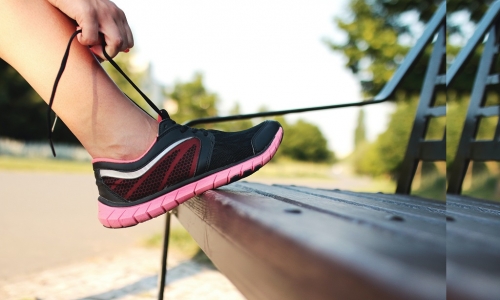
4. Switch up the footwear
Avoid wearing the same pair of shoes every day, especially in the summer when swelling and heat can make even well-fitted shoes feel tight by the end of the day. Repeating the same style can put immense pressure on certain areas of your feet, leading to discomfort, restricted circulation, and even blisters.
“Rotating between different pairs of shoes with varied support, structure and fit helps reduce strain, gives your feet time to recover, and improves overall comfort. It’s also an effective way to spot when a certain pair of shoes isn’t supporting your feet enough in the heat."
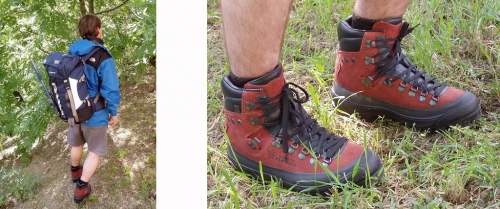
5. Avoid tight straps
Narrow or rigid straps can create localized pressure points that irritate the skin and cause inflammation. This irritation can trigger the body’s natural response to send extra fluid to the affected area, increasing swelling. Over time, constant pressure - such as from tight high heel straps - may even contribute to long-term skin damage or restrict the foot’s natural movement, leading to discomfort and fatigue.
"Choose footwear with straps made from soft, pliable materials to allow your feet to expand more naturally throughout the day. Additionally, straps that can be adjusted easily provide the flexibility to accommodate slight changes in foot size and shape, offering a more personalized and comfortable fit."
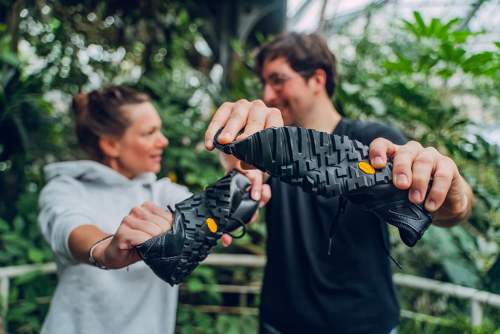
The Footwear specialists at Wards Shoes break down why summer swelling happens and how to prevent it:
"To help prevent swollen feet, it’s important to stay hydrated and monitor your salt intake, as high sodium levels can cause your body to retain excess fluid, especially during warmer weather. Avoid staying in one position for too long - regular movement and elevating your legs above heart level improve circulation and reduce swelling. Additionally, soaking your feet in cool water with Epsom salts followed by gentle upward massages can ease inflammation, stimulate circulation, and relieve discomfort."
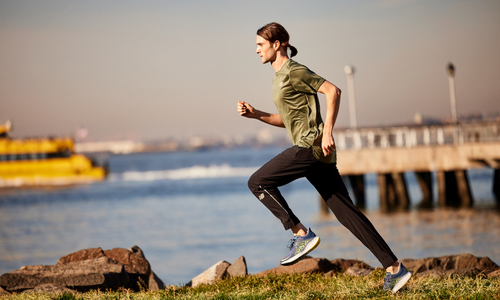




 VIDEO
VIDEO FACEBOOK
FACEBOOK TWITTER
TWITTER INSTAGRAM
INSTAGRAM PINTEREST
PINTEREST ENGLISH
ENGLISH








